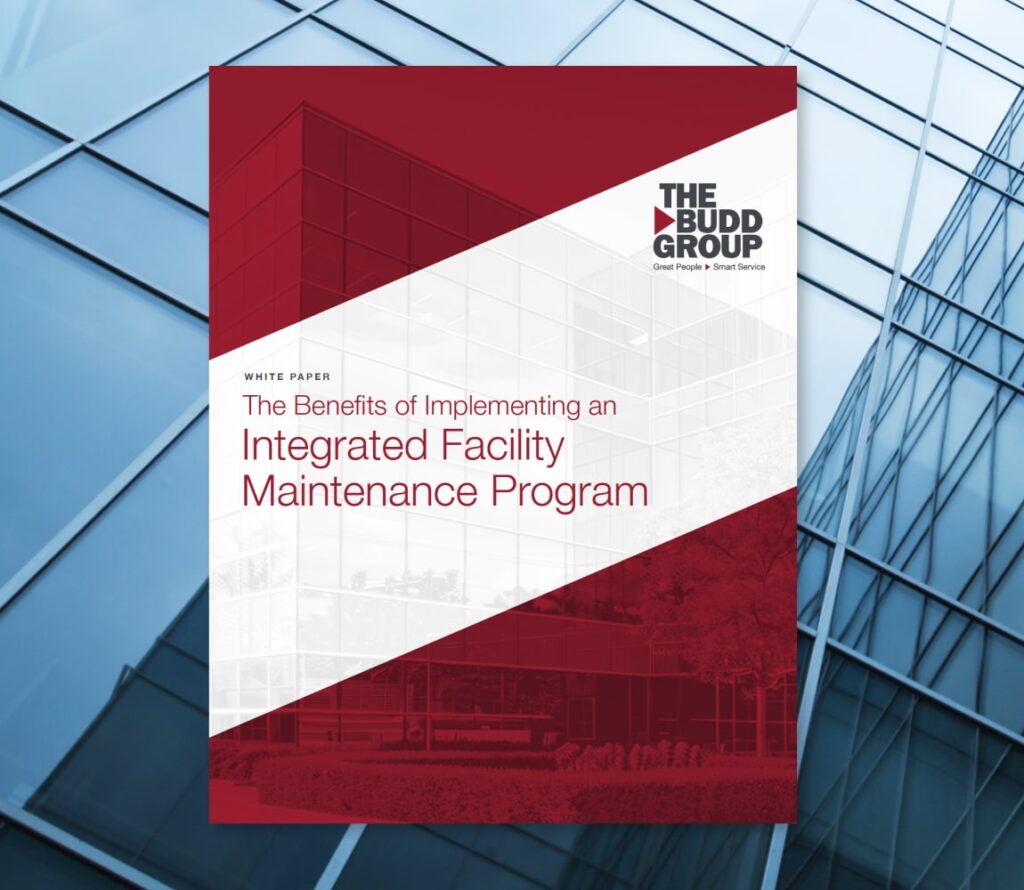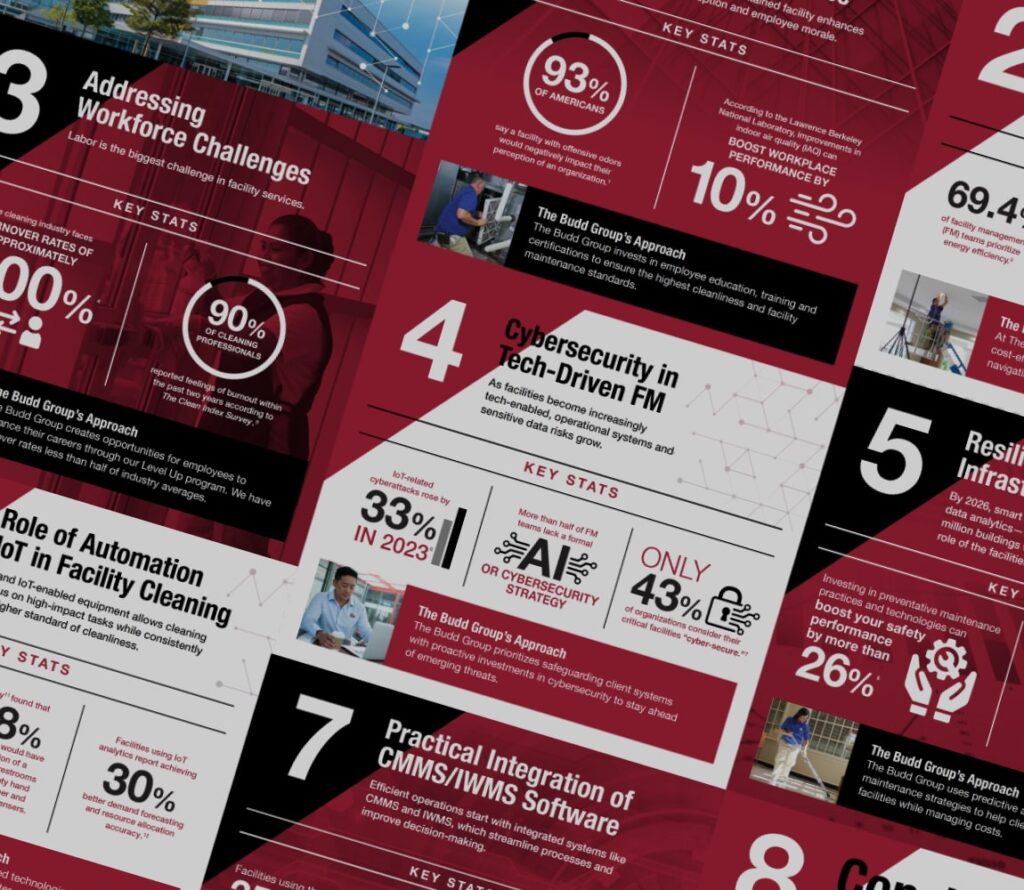Hear from an Expert and get your questions answered!
As part of our commitment to our customers and the general health of our communities, we are excited to bring you a conversation and overview of disinfection in everyday facilities with an expert in the field, Dr. Sala Qutaishat. The talk/webinar is scheduled for February 27th at 10:00 am EST. Sign-up to the right and we will email you an invite! Dr. Qutaishat is currently a consultant in infection prevention and healthcare epidemiology. He is an expert in infection prevention, prevention of microbial resistance & healthcare informatics. He is dedicated to helping organizations prevent healthcare associated infection and antimicrobial resistance. For the past two decades he held several positions in infection prevention and healthcare epidemiology. Most recently he held the position of System Director of Infection Prevention at Munson Healthcare, Northern Michigan’s largest healthcare provider. Dr. Qutaishat received his PhD in microbiology from the SUNY at Buffalo, an MS in medical biology from Long Island University, and a BS in Biology from the University of Jordan. Dr. Qutaishat is also certified in infection control (CIC) & is a fellow of the Society of Healthcare Epidemiology of America (FSHEA). He was on the clinical faculty at SUNY at Buffalo & University of Wisconsin at La-Cross. He is a member of several professional societies including:
- The Society for Healthcare Epidemiology of America (SHEA)
- Association for Professionals in Infection Control and Epidemiology (APIC)
- Infectious Diseases Society of America (IDSA)
- American Society for Microbiology (ASM)
Dr. Qutaishat has published numerous papers in peer-reviewed journals and is a reviewer for both APIC and SHEA journals. This is a great opportunity to hear from an expert in the field and get your questions answered about coronavirus, the flu, and other infection prevention issues! Fill out the form on the right to sign up for our Webinar on February 27th at 10:00 am EST and to get Microfiber Cloths.
Hand Hygiene
Simply put, proper hand hygiene is the most effective way to stop the spread of disease and infection. In fact, hand hygiene is the number one method of stopping the spread of germs.
More than 80 percent of illnesses can be transmitted by hands. The U.S. CDC recommends hand hygiene – handwashing with soap and water or using an alcohol-based hand sanitizer with at least 60 percent alcohol when soap and water are not available – as one of the most important steps to avoid getting sick and spreading germs to others.
There are many solutions that facilities can provide for their occupants to promote hand hygiene. First, make sure to provide a good soap in all restrooms. Any sink in your facility should have a full, well-maintained hand soap dispenser located nearby. Maintain all soap dispensers, preventing the harboring of germs by choosing closed-loop refills and updating dispensers whenever necessary.
When a sink is not available, provide alcohol-based hand sanitizer. Alcohol-based sanitizers quickly kill a broad spectrum of germs and it is not left behind on your hands. Installing alcohol-based sanitizer stands at building entrances and locations throughout the building where people are at risk of contamination, including near cafeterias and by high-touch areas such as elevators, will make hand hygiene top-of-mind and accessible throughout your facility.
These stands can serve a dual purpose by providing important tools and products for hand hygiene when no sink is available, while also educating building occupants about the importance of hand washing in stopping the spread of disease. We recommend including signage that educates building occupants about the important role of handwashing along with your alcohol-based sanitizer dispensers.
Surface Disinfection
Your facility’s second line of defense against the spread of infection is a proper disinfection program. Germs are often transmitted by touch, which makes your facility’s high-touch surfaces a breeding ground for infection. Disinfecting these surfaces and objects helps eliminate the number of germs that are passed around and picked up by others.
When it comes to the spread of infection, your building will have three different types of surfaces: low-risk, moderate-risk, and high-risk surfaces. You can classify each surface based on how often it comes into contact with the human touch. You will want to plan to disinfect the higher-risk surfaces frequently, perhaps after each use. Moderate risk surfaces should be disinfected daily. And for your low-risk surfaces, you will have a fixed schedule, or disinfect on an as-needed basis. The point of classifying your surfaces will be to target those critical surfaces where infection is most likely to spread while limiting the use of strong disinfectants where they are not necessary.
Let’s take a closer look at the different types of processes and products that are included in any facility’s infection control program. Cleaning works by using soap and water to physically remove germs, dirt and particles from surfaces. Disinfecting works by using chemicals to kill germs on surfaces or objects. All effective control programs will include consistent disinfection, but they should also include regular cleaning. Disinfectants come in many different formulas with a variety of active ingredients. All of them can be rendered ineffective if the surface is not first cleaned. Organic matter on a surface can disrupt the disinfectant’s ability to kill germs.
Dwell times must also be strictly followed to ensure germs are being killed. A dwell time is the amount of time that the active ingredient in a disinfectant will need to kill germs. Many infection control programs fail because end users are not properly trained on the importance of dwell times. In an effort to move through cleaning and disinfecting procedures efficiently, workers will not wait the required amount of time—sometimes up to ten minutes—to ensure that all germs are killed. Dwell times are all clearly listed in a disinfectant’s MSDS and should be explained in all training. Processes where disinfectants are sprayed and a separate procedure is included to allot for dwell times are highly effective. For example, a disinfectant may be sprayed on a surface, and the end user will then use the dwell time of that disinfectant to refill soap dispensers, coming back to wipe the disinfectant up only after a timer goes off.
Reducing Absenteeism
According to the U.S. Department of Labor, the average employee is off work 2.8 days with a case of the flu. This can cost U.S. employers $20 billion a year. In addition, a study conducted by The Medical Mutual of Ohio and GOJO study referenced earlier showed that implementing a comprehensive hand hygiene program throughout the workspace reduced related healthcare claims by over 24 percent and reduced absenteeism by over 13 percent. Infection control is an essential line item in any business’s bottom line, but it’s also the right thing to do for your employees, building occupants and public health.

